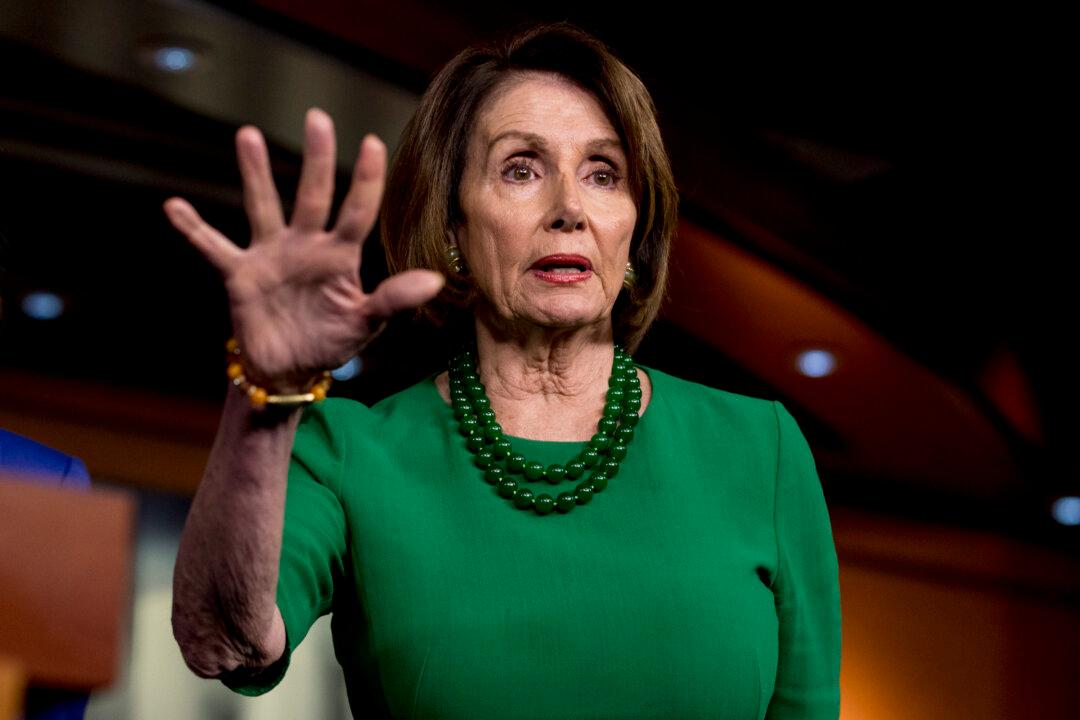House Speaker Nancy Pelosi (D-Calif.) is worried about whether 2020 Democratic candidates are on the right track in terms of their policy proposals, to defeat President Donald Trump in the upcoming presidential election.
Pelosi told Bloomberg on Nov. 1 that some of the socialist proposals advocated by candidates such as Medicare for All and the Green New Deal might gain support from voters in liberal districts, but probably won’t work for voters in Midwestern states.




